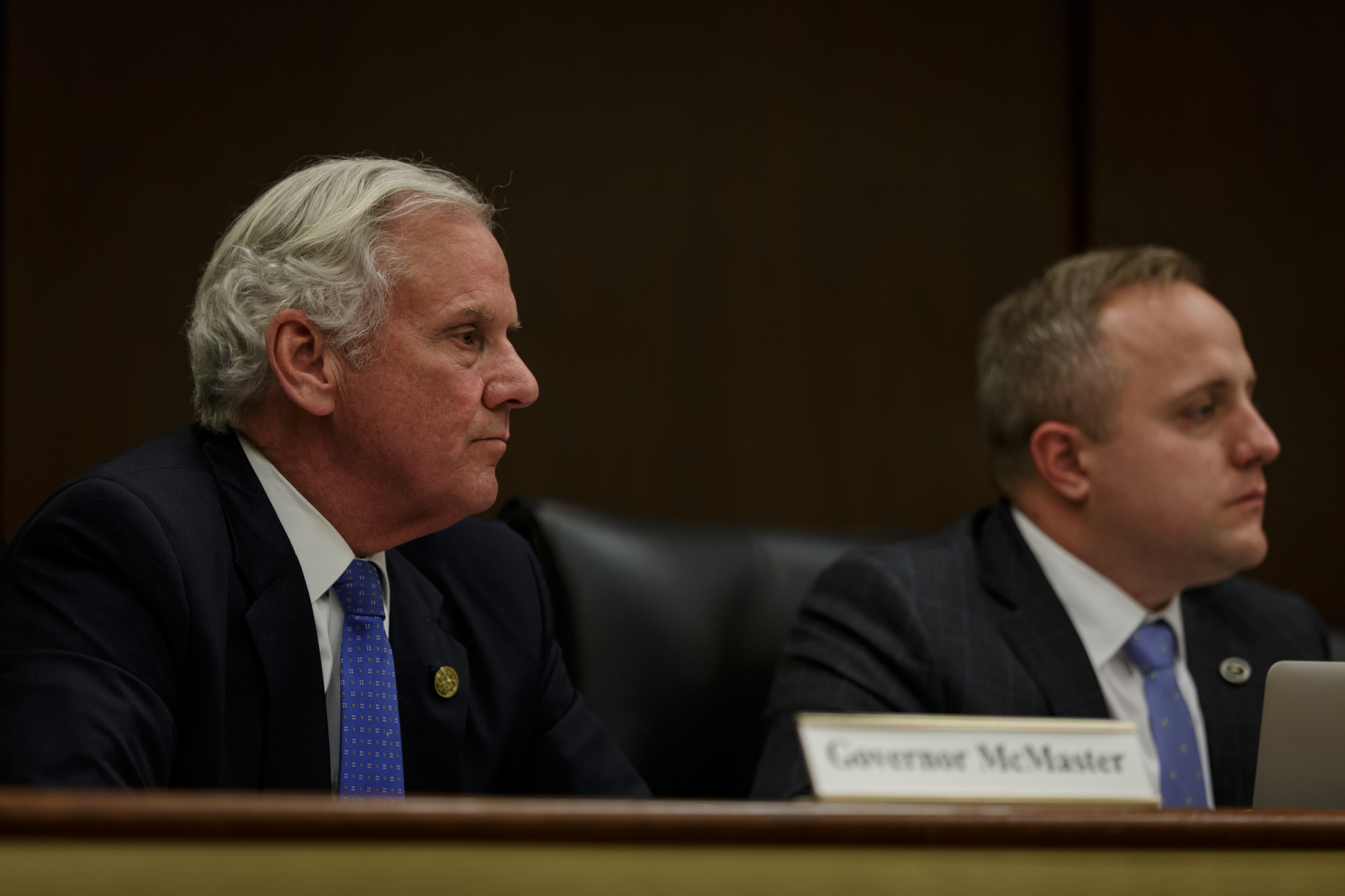Guest Column: Henry McMaster Is Making The Right Call On ‘Stay-At-Home’ Issue
Richard Moore: “Give the governor’s administration credit for standing up for the constitution on this one.”
by RICHARD MOORE || One by one the dominoes fell this past week, as governor after governor declared
